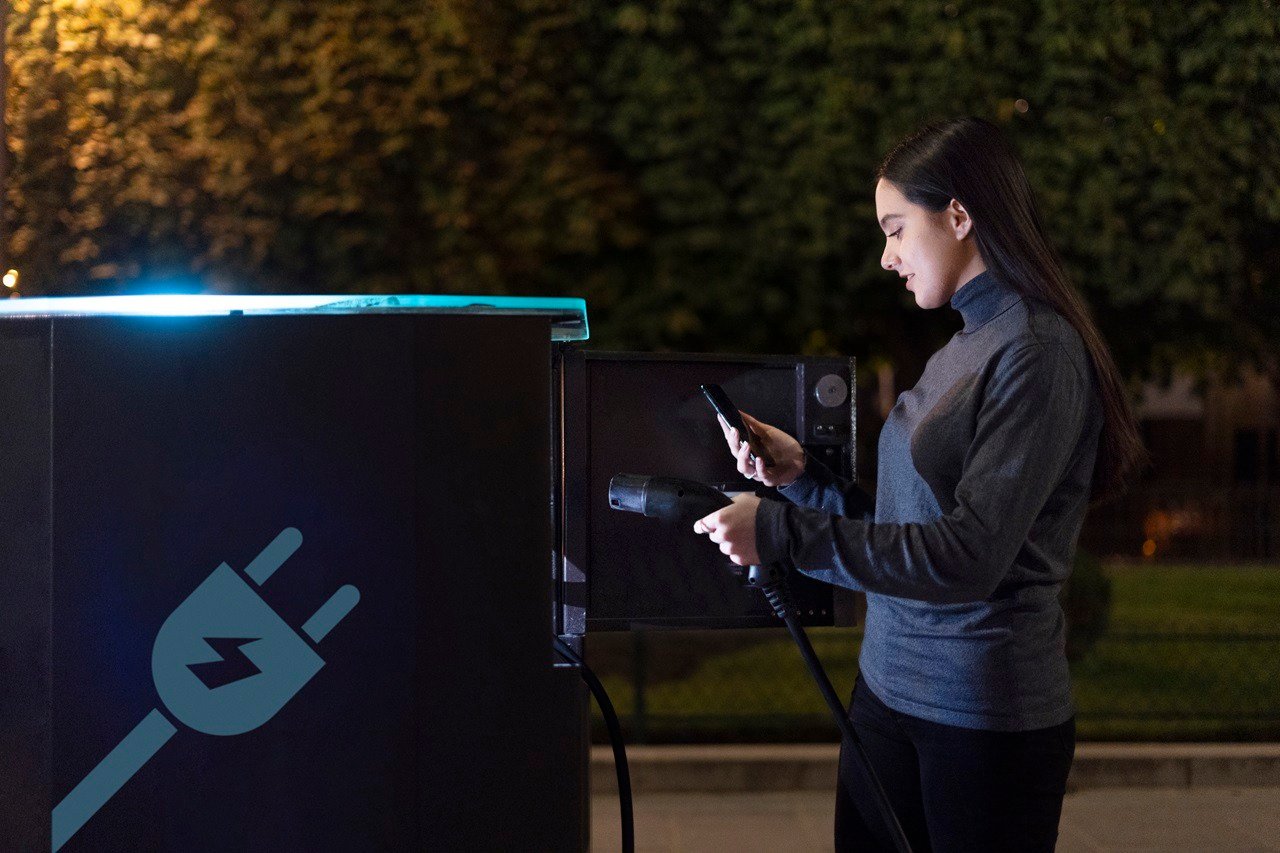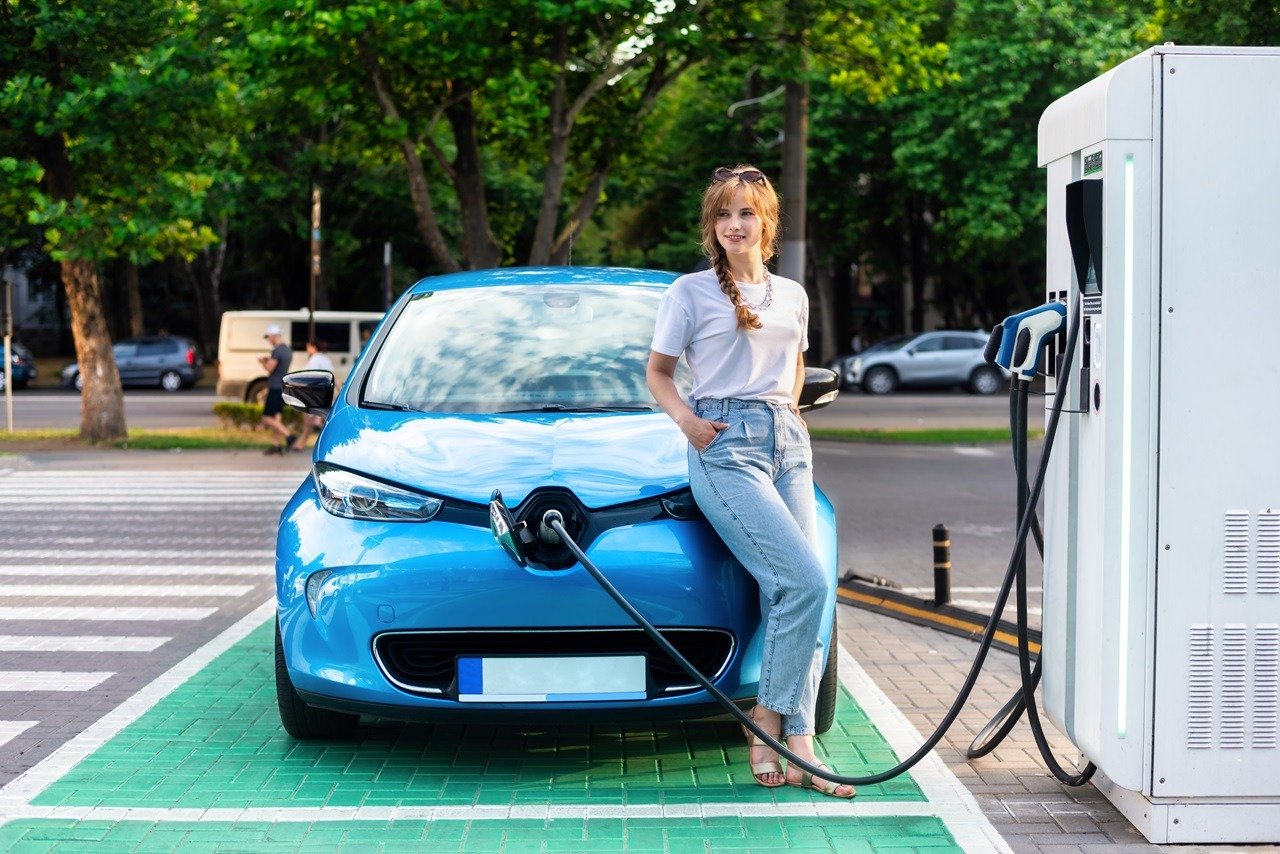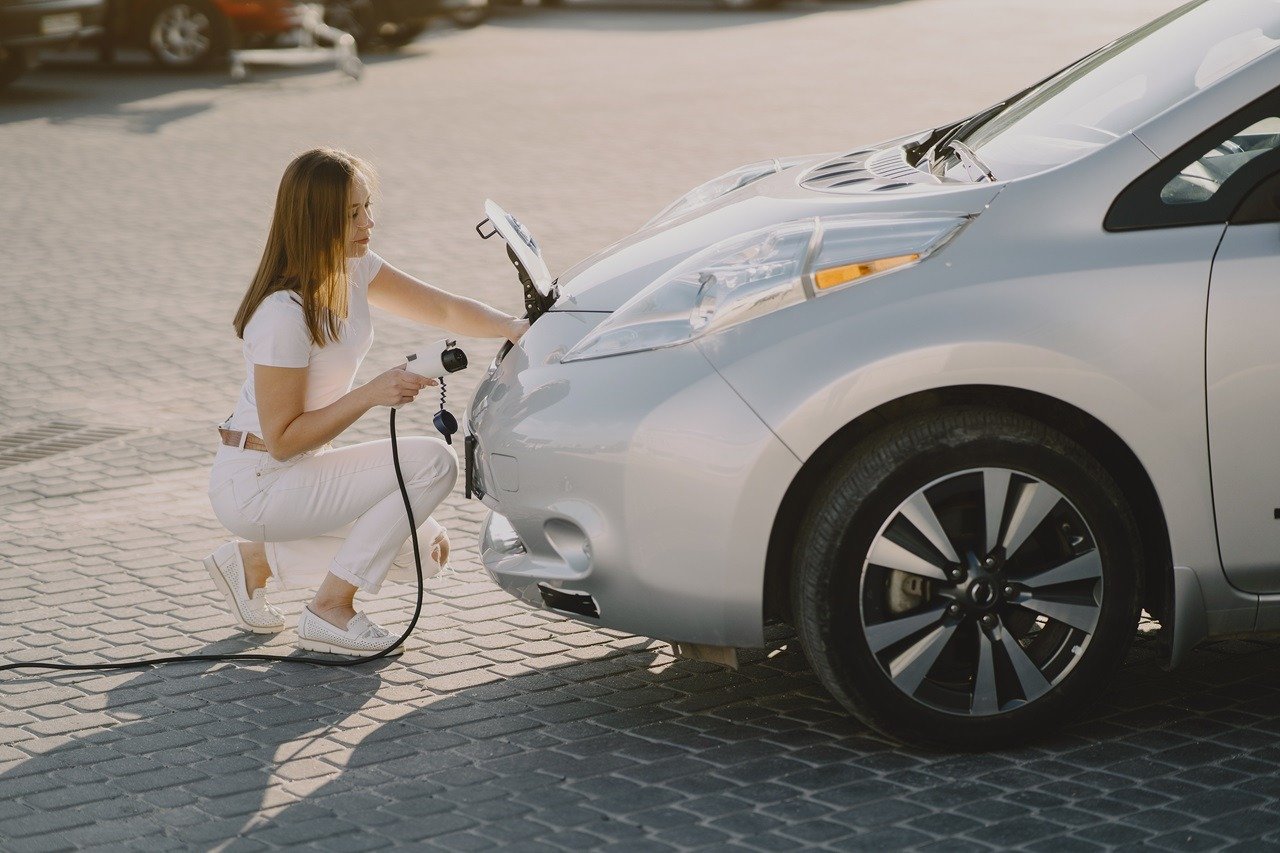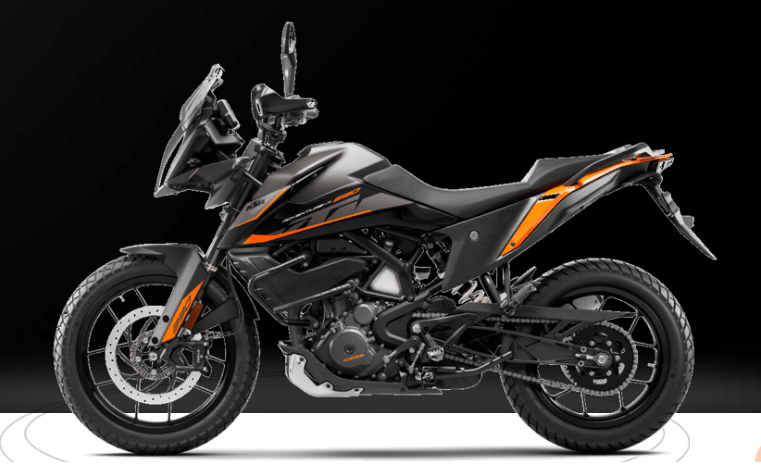Table of Contents
No matter where in the world you live, questions about Electric Vehicles (EVs) are bound to arise. From charging logistics to driving range, the EV landscape is evolving rapidly, offering both challenges and opportunities for drivers worldwide.
To provide firsthand insights into the realities of EV ownership and operation, I reached out to a network of international EV-driving friends. With a combined experience spanning seven countries and four continents, our diverse group operates a range of EV models, including those from BYD, Hyundai, Kia, Mercedes, Nissan, Renault, Tesla, and Volkswagen.
Our collective experiences shed light on key aspects of EV ownership:


In conclusion, the journey of EV ownership is marked by excitement, innovation, and a shared commitment to sustainable mobility. As technology advances and infrastructure evolves, the future of electric transportation looks brighter than ever.
Whether you’re considering making the switch to an EV or are already a proud owner, the global community of EV enthusiasts continues to grow, offering support, insights, and shared experiences along the way. Embrace the electric revolution and join us in shaping the future of transportation.
So, I believe I’ve given you all the information. I hope you enjoyed the post. If you did, don’t forget to like and share it. Stay tuned to our blog for regular updates and insights.
Experience the power, feel the comfort, and embrace the evolution for the most recent tech news and reviews, Health tips and many more follow themdakbar Blogs also follow us on Facebook, Twitter, Google News, and Instagram. For access to our most recent videos, subscribe to our YouTube channel.




Hybrid system will be good
yes